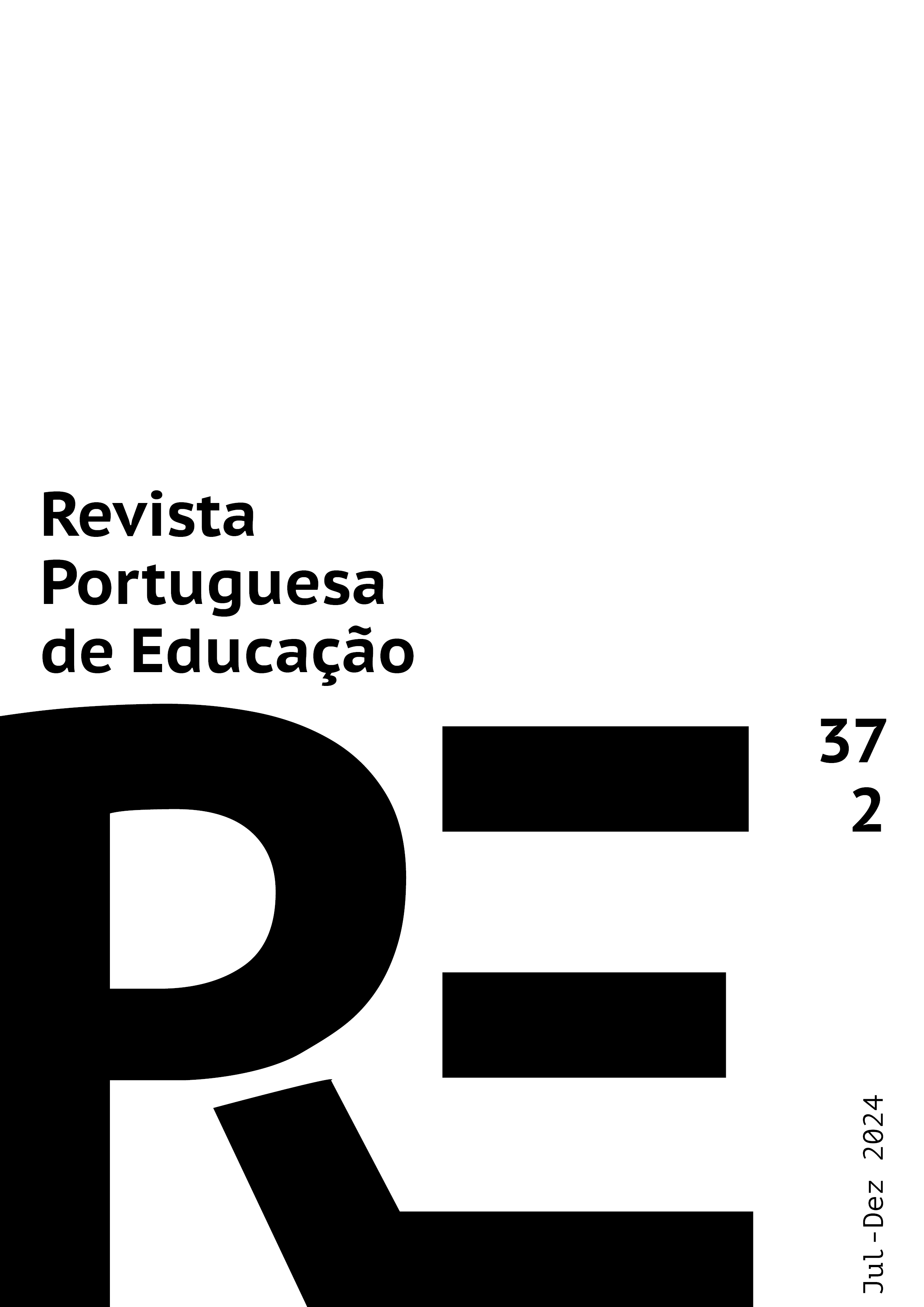Levels of historical awareness and treatment of controversial topics in digital environments: A case study with future Spanish Secondary School teachers
DOI:
https://doi.org/10.21814/rpe.27835Abstract
The aim of the present research is to determine, on the one hand, the levels of historical awareness of future Spanish Secondary School teachers (n = 61) in social networks/virtual environments. On the other hand, it aims to approach the representations of the past-present-future, constructed by future teachers in these spaces, and to interpret the relationships between their levels of historical awareness and their interaction with controversial issues from their own social narratives (n = 169). The study follows a qualitative-deductive approach in order to test the theoretical transferability of Rüsen’s levels of historical consciousness to the specific context of a Spanish university. The results obtained show mostly exemplary and critical levels of historical consciousness, with little variation among the dimensions analyzed (global pandemic by COVID-19 and public health; historical memory, national identities, migratory crises and exclusionary identities; sex-gender identities and exclusionary identities). It can be concluded that working on controversial topics, generated in virtual environments, in teacher training could improve the acquisition of third-order concepts, such as historical awareness, enabling future teachers to successfully address socially relevant issues in the classroom in a cross-cutting and interdisciplinary manner.
Downloads
Downloads
Published
How to Cite
Issue
Section
License
Copyright (c) 2024 Delfín Ortega-Sánchez, César Barba Alonso, Bruno P. Carcedo de Andrés

This work is licensed under a Creative Commons Attribution-ShareAlike 4.0 International License.
1. The authors preserve their authorship and grant the Portuguese Journal of Education the right to the first publication. The work is licensed under Creative Commons Attribution License that allows sharing the work with the acknowledgment of initial authorship and publication in this Journal.
2. The authors have the right to take additional contracts separately, for non-exclusive distribution of the published version of their work (e.g. to deposit in an institutional repository or as a book chapter), acknowledging the initial authorship and publication in this Journal.
3. The authors have the permission and are stimulated to post their work online (e.g. in an institutional repository or on their personal website). They can do this at any phase of the editorial process, as it may generate productive changes, as well as increase impact and article citation (see The Open Citation Project).
The work is licensed under Attribution-ShareAlike 4.0 International (CC BY-SA 4.0)




















